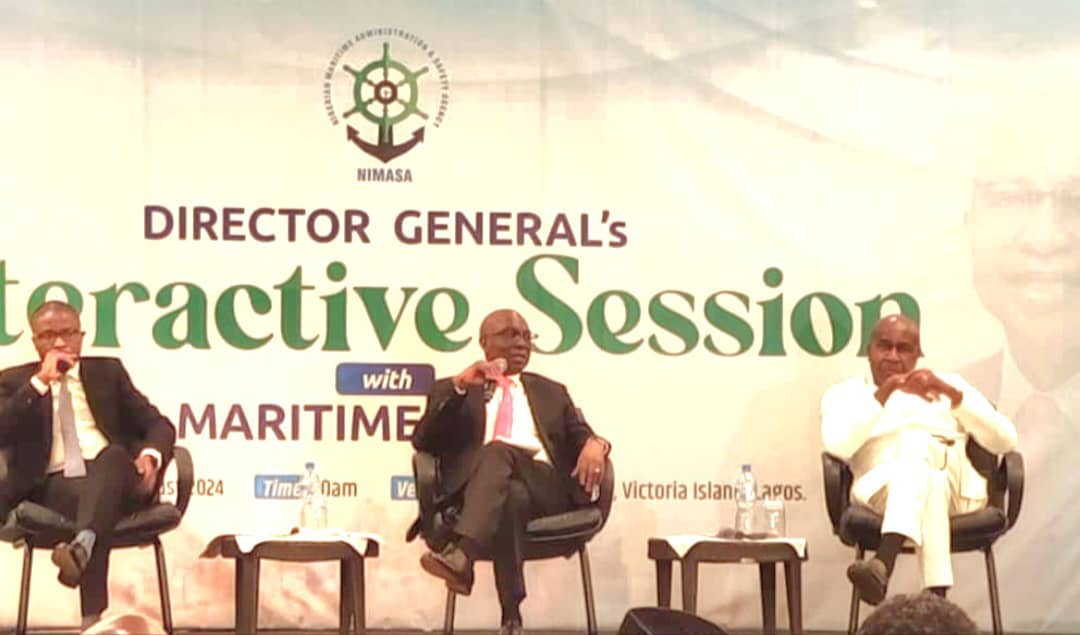
The Director General of the Nigerian Maritime Administration and Safety Agency (NIMASA), Dr. Dayo Mobereola, has alleged that the war risk premium imposed on ships coming into Nigeria persists due to the influence of a cartel within the international insurance sector.
However, not unveiling the identities of the cartel, he said that, despite significant improvements in maritime security, the premium continues to add to the cost of trade for Nigeria.
He stressed that the development underlines the need for a coordinated international effort to address the issue.
Speaking during an interactive session with maritime media on Monday, Dr. Mobereola highlighted the need for Nigeria to collaborate with global maritime organizations to tackle the entrenched practices that sustain the war risk premium.
“In all honesty, Nigeria alone cannot do it. We need the international maritime organizations to be with us,” he stated, pointing out that the war risk premium is not determined by the actual risk level but by a cartel profiting from the status quo.
Despite Nigeria’s concerted efforts to curb piracy and enhance maritime security, the war risk premium has not seen a corresponding decrease. “Even if we have zero piracy and no security incidents for the next ten years, if we don’t force the issue, they will continue to charge us,” Dr. Mobereola lamented.
He argued that these premiums, which significantly elevate freight costs for imports and exports, are being artificially sustained by insurers who are well aware of the improved security situation but prefer to maintain the high charges to maximize profits.
To counter this, he said NIMASA has initiated discussions with key international partners, including taking the matter to the United Nations.
“We’ve engaged them, and we’re taking it to the United Nations. The UN is going to support us, and we will be able to take it to the insurers who will have no choice but to reduce it as well,” Dr. Mobereola asserted. He stressed that with the backing of the UN and other international stakeholders, Nigeria would be in a stronger position to challenge the insurers, forcing them to adjust the premiums in line with the actual risk.
The DG also briefly touched on ongoing initiatives by NIMASA to address other critical issues in the maritime sector, including the certification of competency (COCs) and the development of Officer of the Watch (OOW) programs as part of broader solutions aimed at enhancing the agency’s operational effectiveness.















